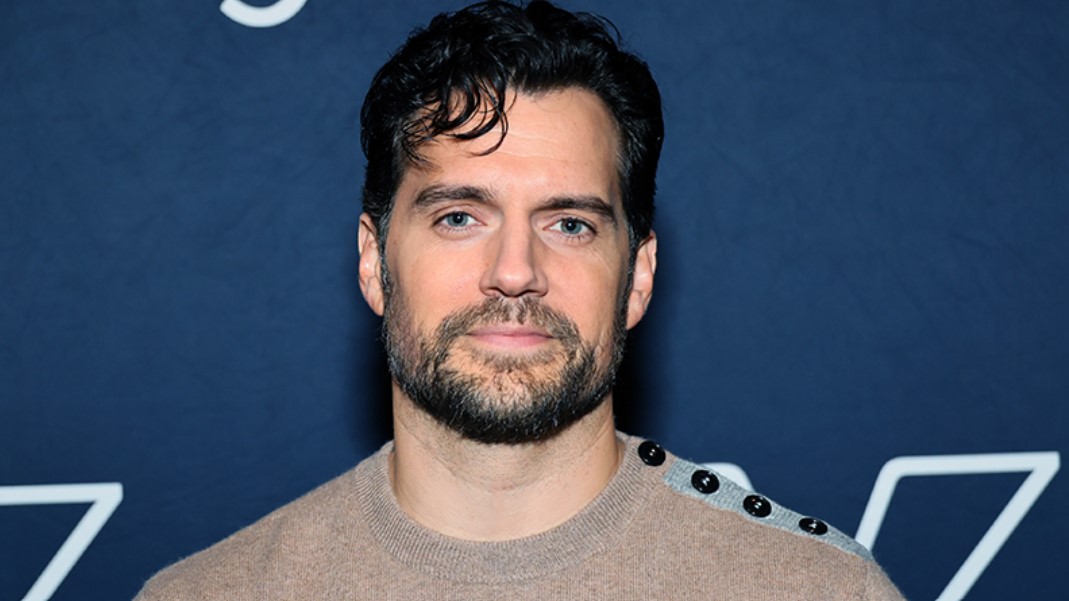The Beauty of Game of Thrones
In the vast landscape of television entertainment, certain shows emerge not only as entertainment marvels but also as cultural phenomena that captivate audiences across the globe. Among these, Game of Thrones stands as an undeniable gem, transcending mere entertainment to become a captivating masterpiece that weaves together a tapestry of intricate storytelling, breathtaking visuals, and compelling characters. As we embark on a journey to explore the unparalleled beauty of Game of Thrones, we delve into the rich tapestry of facts that have contributed to its enduring allure.

Epic World-Building: A Feat of Imagination
Central to the allure of Game of Thrones is its breathtaking world-building. The show’s creator, George R.R. Martin, drew inspiration from history, mythology, and his own imagination to craft the intricate and immersive continents of Westeros and Essos. Each location, from the frozen expanse of the Wall to the exotic landscapes of Qarth, boasts its own unique culture, history, and politics. The meticulous attention to detail in crafting these diverse locales fosters an environment that draws viewers into a realm both familiar and fantastical.
Complex Characters: A Kaleidoscope of Humanity
One of the show’s greatest triumphs lies in its masterful portrayal of a vast array of characters, each with their own motivations, flaws, and complexities. From the noble House Stark to the cunning House Lannister, every character is multifaceted, making them relatable and engrossing. The moral ambiguity and ever-shifting alliances mirror the complexity of real-world human nature, allowing viewers to connect with characters on a deeply human level.
Intricate Politics and Power Dynamics
At the heart of Game of Thrones lies a web of political intrigue and power struggles, reflecting the ruthless dynamics of leadership and governance. The show’s exploration of the pursuit of power, loyalty, and betrayal offers a captivating parallel to historical events while inviting viewers to question the true nature of authority. By showcasing the high-stakes battles for control, the series underscores the timeless theme of power’s corrupting influence.
Visually Spellbinding: A Feast for the Eyes
From the towering Red Keep to the icy tundra beyond the Wall, Game of Thrones dazzles with its visual splendor. The production team’s meticulous attention to detail, combined with cutting-edge special effects, brings to life breathtaking landscapes, awe-inspiring castles, and mythical creatures. The series transforms the imagination into reality, engulfing viewers in a world that is as visually captivating as it is emotionally evocative.
A Musical Odyssey: The Power of Soundtracks
Beyond its captivating visuals and riveting plotlines, Game of Thrones owes a significant portion of its beauty to its mesmerizing soundtracks. The hauntingly evocative music composed by Ramin Djawadi serves as an auditory tapestry that weaves together the show’s emotional beats and dramatic moments. From the iconic opening theme that sends shivers down the spine to the melodic motifs associated with each noble House, the music of Game of Thrones enhances the storytelling, elevating the viewing experience to a symphony of emotions.

Impact on Popular Culture: A Phenomenon Beyond the Screen
Game of Thrones isn’t just a TV show; it’s a cultural phenomenon that has left an indelible mark on popular culture. Catchphrases like “Winter is coming” and “Valar Morghulis” have become part of the global lexicon. The characters, houses, and symbols have permeated everything from merchandise to memes, creating a sense of community among fans worldwide. The show’s impact has also spurred discussions on various themes, ranging from politics and ethics to gender dynamics and moral dilemmas, making it a catalyst for meaningful conversations.
Legacy and Future: Sustaining the Beauty
As we reflect on the beauty of Game of Thrones, it’s important to acknowledge its legacy and the future it has paved for television storytelling. The show’s success has inspired a new era of ambitious and high-budget productions, raising the bar for the quality of content expected from audiences. Its influence can be seen in subsequent fantasy series, encouraging storytellers to embrace intricate world-building, complex characters, and innovative narrative structures. Game of Thrones has forever altered the landscape of television, ensuring that its legacy continues to shape the way stories are told for generations to come.
Narrative Complexity: Weaving a Web of Stories
The narrative structure of Game of Thrones is a marvel in itself, intertwining multiple storylines that crisscross and converge. This complexity engages viewers’ intellects and invites them to actively piece together the puzzle of the overarching plot. The show’s willingness to challenge conventions and subvert expectations keeps audiences on the edge of their seats, ensuring that no character is ever truly safe.
Themes that Transcend Fantasy
While set in a fantastical world, Game of Thrones delves into universal themes that resonate deeply with audiences. Themes of honor, sacrifice, redemption, and the price of ambition transcend the realm of fantasy, resonating with viewers on a profound emotional level. The show’s exploration of human nature and the consequences of our choices makes it a work of art that goes beyond escapism, prompting introspection and discussion.
SEE MORE
Gran Turismo Movie Release Date, The Exciting Journey from Gamer to Champion!
Conclusion
Game of Thrones, with its unparalleled blend of intricate world-building, complex characters, political intrigue, visual splendor, narrative complexity, and universal themes, stands as a testament to the beauty that can be achieved in the realm of television. Its impact on popular culture and the lasting impression it has left on audiences around the world is a testament to its status as a timeless masterpiece. As we celebrate the show’s legacy, we are reminded that true beauty lies not only in the eye of the beholder but also in the stories that captivate our hearts and minds.


